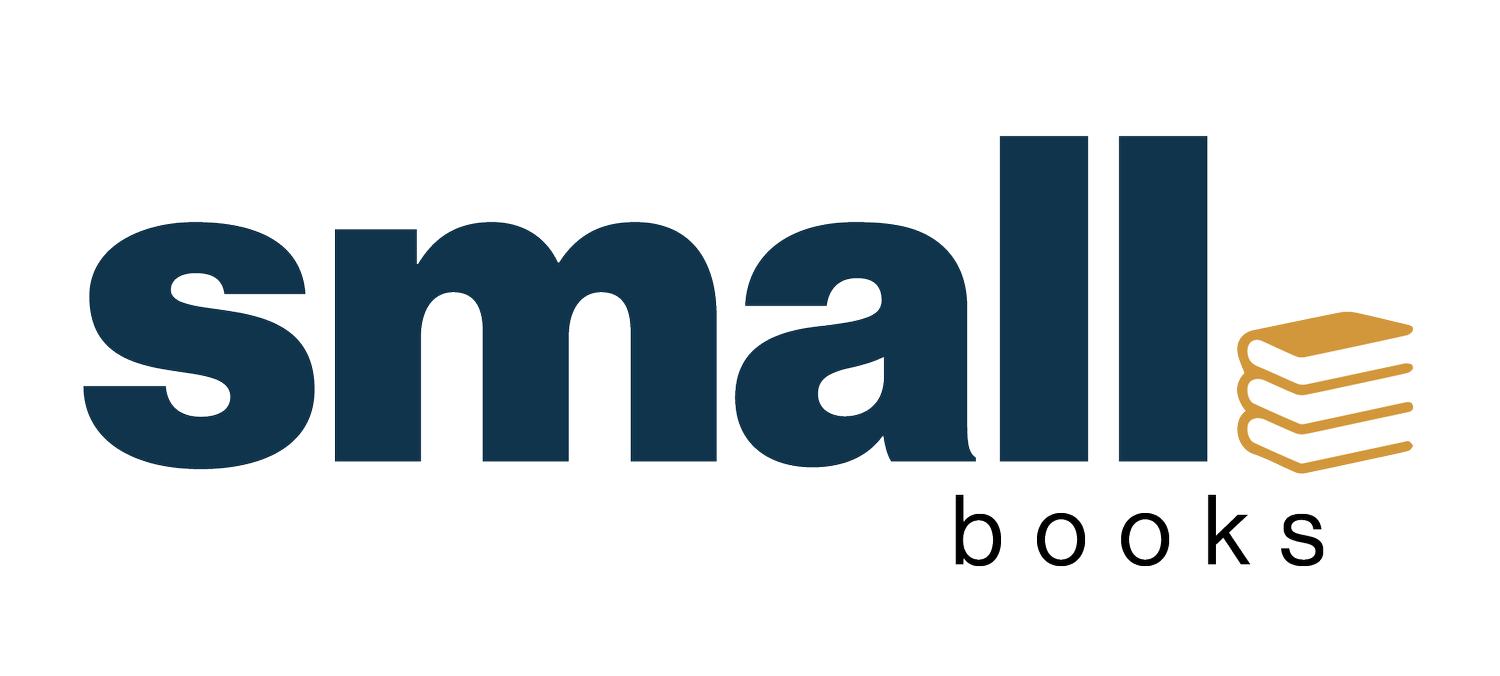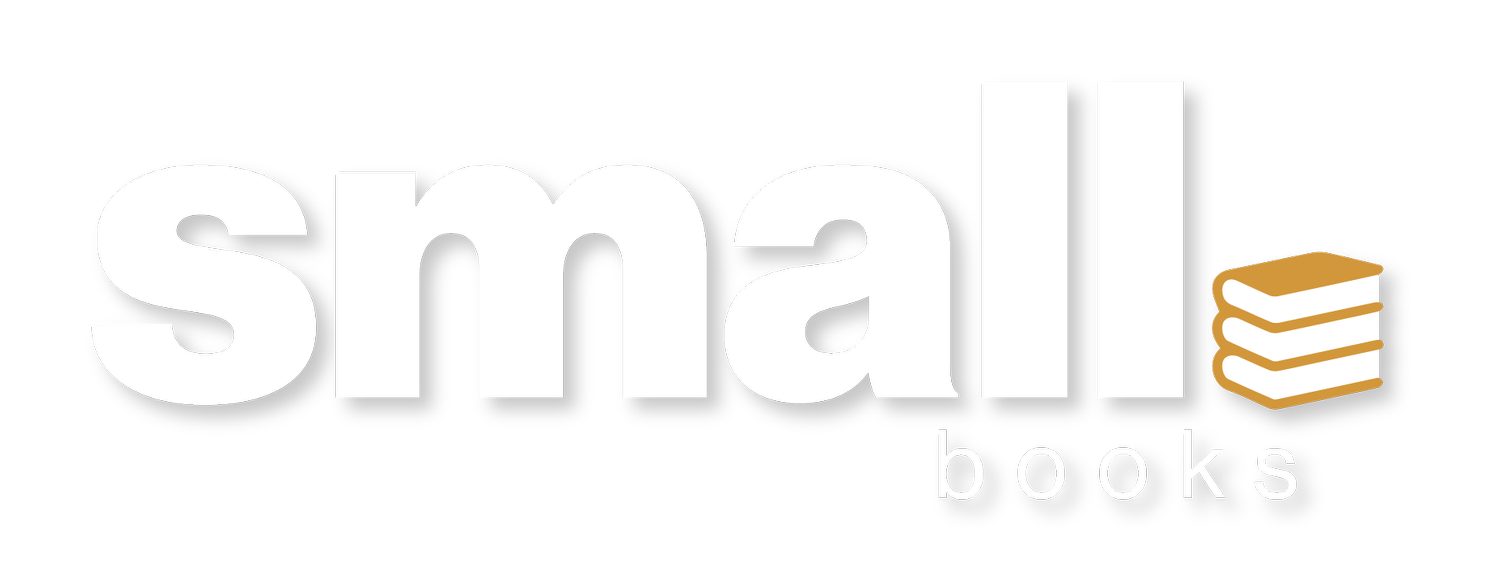What Happens If You Don’t File Taxes For Your Business
Staying up to date with your taxes is important, since falling behind could lead to an unexpected bill from the Canada Revenue Agency. Before you panic, take a deep breath: life happens, and it’s easy to get off-track. You’re not alone—more than 4 million Canadians miss the tax filing deadline every year.
The CRA takes owed taxes pretty seriously, which is why missed tax filings are a problem you can’t afford to ignore. Unfortunately, if you do nothing, things can snowball fast.
In this guide, we’ll break down what happens if you don’t file taxes as a small business owner, and then at the end, how you can get back on track with the CRA.
If you want to skip ahead to the solution: you can check out our article: 4 Easy Steps to: Get Caught Up On Your Bookkeeping, or reach out to us if you need help with getting up-to-date and filed fast.
Though business owners can and do fall behind on their employment and sales taxes, in this article we’re going to walk through the most common issue: income taxes.
Tax Deadlines
Before we get into what happens if you don’t file your taxes, we’ll cover the filing deadlines and payment due dates.
Sole Proprietors
Taxpayers have different tax filing deadlines depending on their business entity type. In general, Sole Proprietorship tax returns are due on June 15th. This gives you a bit of extra time to file your return if you (or your spouse/common-law partner) are self-employed. But don’t let that fool you, your income tax payment (if you owe money) is still due on the regular tax filing deadline, which is April 30th. You should make your payment to the CRA by April 30th. Keep in mind that, if you’re paying your taxes by mail, your letter should be postmarked before April 30th to avoid penalties.
So: if you or your spouse are self-employed, you can file your income tax and benefit return by June 15 without incurring a late-filing penalty. But, you should still pay off your balance owing for the previous tax year by the original deadline, April 30th to avoid interest accruing on any balance owing to the CRA.
Corporations
Corporate tax deadlines, on the other hand, can vary widely - depending on their fiscal year. The deadline for filing a corporate tax return is within 60 days after the corporation’s anniversary date. The date your corporation was incorporated under the CBCA is considered its anniversary date.
All the corporations that have an active legal status have to file their taxes, no matter how big or small. If you don’t file your annual return, your annual filing will show up as overdue, which means that your corporation will not obtain a Certificate of Compliance.
Corporations Canada sends out a reminder notice to let you know that your annual return is due by post or email. If you fail to file your annual tax return, you risk having your corporation dissolved.
Initial consequence
After missing your deadline on tax day, what will happen if you don’t file taxes?
Everyone’s situation is unique, but if you’ve missed filing your taxes, this likely means you also missed making your tax payments.
If you fall into one or both of these situations, you’ll get hit with CRA penalties. There is a late filing penalty and a late payment interest.
The amount of these penalties will depend on two factors:
How long past the tax filing deadline you submit your taxes or pay them
How much you owe in taxes
Penalties
If you don’t file your tax return by the deadline, the late-filing penalty is 5% of your total balance owing for the tax year you are filing, plus an additional 1% for each full month you file after the due date, to a maximum of 12 months. (This could lead to a penalty of 17% of your total balance owing!)
If the CRA requested a formal demand for a return, your late-filing penalty will be 10% of your balance owing. You will then be charged an additional 2% for each full month that you file after the due date, to a maximum of 20 months.
Interest
If you don’t pay your owed tax on time, the CRA will start charging you compound daily interest. The rate of interest the CRA will charge on current or previous balances depends on your business structure and can change every 3 months, based on prescribed interest rates.
If the CRA requires that you pay tax instalments, you will need to pay by the set instalment payment due dates. If you miss any of these payment dates, you may need to pay instalment interest.
Helpful tip on how to reduce your penalties and interest:
It may come as a surprise, but the penalty for not filing your taxes can actually be much larger than the penalty for not paying your owed taxes.
Even if you think you can’t afford to pay your owed taxes in full, it’s a good idea to at least file your tax return. This will remove the 5%+ failure-to-file penalty and keep you at the minimum amount payable. After you file, pay whatever you can—even if it’s only a portion of your owed amount—to further reduce your accruing interest to the CRA.
Some of these penalties can be waived, provided you satisfy certain conditions. We’ll cover that next.
Request to cancel or waive penalties or interest
You can make a request to the CRA to cancel or waive penalties or interest if you are unable to meet your tax obligations due to circumstances beyond your control.
The CRA can only grant relief within a 10 year span from your request date.
For details: Cancel or waive penalties or interest
Tax refunds
But what if you don’t owe any money?
In some cases, you might know you have no tax due to the CRA for the year. Let’s say your business is pre-revenue, for example. You might think you don’t need to file. In fact, the opposite is true—even if you have a zero-dollar tax return, you still have to file your taxes. And you would want to! You will likely be eligible for some tax loss carry-forward amounts that can decrease your tax liability in future years, as well as potential a tax refund in the current year.
So, if you don’t owe the CRA money but have missed filing, the good news is that you dodge the 5% failure to file penalties. And filing your taxes late when you don’t owe anything won’t result in any interest charges, because the CRA can’t apply interest on taxes you don’t owe. But the bad news? You’re missing out on the potential benefits and refunds owed to you. For example, not filing your taxes on time may disqualify you from government benefits or certain assistance programs, including the Canada child benefit (CCB), Guaranteed Income Supplement (GIS), or the GST/HST credit. Not filing your taxes on time may also affect your ability to qualify for other benefits or assistance programs running in different provinces and territories.
Criminal offence
Failing to pay your taxes is not a crime, but failing to file your tax returns is. Canadian taxpayers, individuals, or businesses who don’t file taxes intentionally are basically ignoring the country’s tax law. It’s not a crime to have tax debts, but you commit tax evasion if you refuse to file your tax returns.
Since non-filing of tax return is a criminal offence, you risk damaging your reputation and jeopardizing your future. We don’t mean to scare you, but — the penalties for tax evasion are severe. Guilty parties will have a criminal record, will pay court-imposed fines, and could serve prison time. According to Section 238 of the Income Tax Act, failing to file your tax return can result in a fine of $1,000 – $25,000 and up to one year in prison!
Ok maybe it should scare you a little bit…
So, as a small business owner who is 100% liable for reporting their self-employment income, don’t take your tax liability lightly.
Tax Return FAQs
How long can you go without filing taxes in Canada?
Not long. The CRA has many systems in place to find out who isn’t paying their taxes. The technological advancements allowed the CRA to improve its search process, so it’s difficult to avoid paying your taxes for multiple years in a row.
The CRA set up the Voluntary Disclosure Program to enable people who are behind in reporting their taxes to come clean and repay what they owe without paying any penalties. But if the CRA finds out that you haven’t been paying your taxes and tracks you down before you contact them, you will have to pay penalties and interest on what you owe.
What is considered tax evasion in Canada?
Tax evasion happens when an individual or business does not respect the country’s tax laws. If an individual or business does not file their tax returns as they should, do not declare their income accurately and completely, or claim fraudulent expenses on their tax return, they commit tax evasion.
Can the CRA check my bank account?
Yes, the CRA can check and freeze your bank account.
Can I file 2 or 3 years of taxes at once?
Yes, you can. However, that may attract some penalties. And the later you pay, the harsher the potential penalties.
What do I do now?
If you need to get years of tax returns sorted out, bookkeeping is the best place to start—it helps you create the necessary records of your income and expenses for those missing years, making it much easier to file your taxes.
Small-Book’s Backdated bookkeeping service completes years of historical bookkeeping, fast. Our dedicated team is here to help out folks in situations just like these.
If you’re interested in receiving help from a specialized team of tax experts to get you caught up and ready to file your back taxes, book a call with a member of our team today.
If you’re looking to tackle your books solo, we can help with that too. Just check out our article: 4 Easy Steps to: Get Caught Up On Your Bookkeeping. Then when you’re ready for filing, reach out and we will take care of the taxes!
What is Small-Books?
The online bookkeeping service that gives you a dedicated bookkeeper supported by a team of knowledgeable small business experts. We’re here to take the guesswork out of running your own business—for good. Your bookkeeping team imports bank statements, categorizes transactions, and prepares financial statements for you every month. We even take care of the tax filing for you, from HST to income tax, so you can say goodbye to tax season stress!
This post is to be used for informational purposes only and does not constitute legal, business, or tax advice. Each person should consult his or her own attorney, business advisor, or tax advisor with respect to matters referenced in this post. Small-Books assumes no liability for actions taken in reliance upon the information contained herein.



